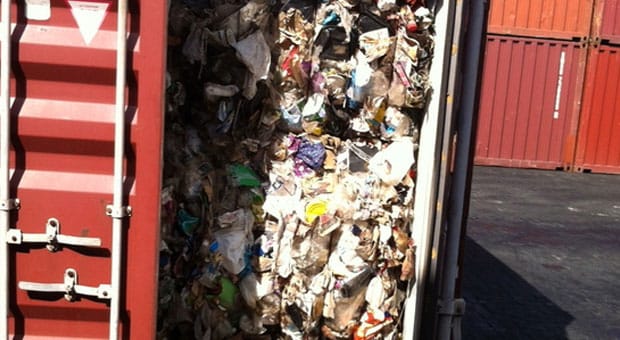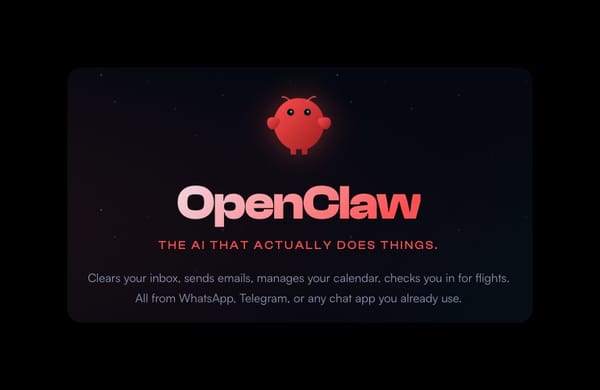Docker Cleanup Scripts Comparison
Compare different Docker cleanup scripts to keep your environment efficient. Learn about docker system prune, custom scripts, automation, and tips for safely cleaning up Docker resources.

If you've used Docker for any time, you most likely have left a trail of unused (dangling) Docker images and containers in your dust.
Abandoned images and containers are not necessarily a bad thing but starts becoming more of a housekeeping/administrative tasks to purge items which are not in use.
Before we get started, I have to throw a disclaimer as these scripts will delete images and containers and possibly running containers.
Be sure to test these scripts before running in production and that your Docker installation meets their requirements
I cherry-picked GitHub for the scripts with the most GitHub Stars. Since we are deleting things, I want a vote of confidence from the community.
I selected scripts with a high number of stars. It is also important to point out that I highlighted which scripts contain a dry run option because we want to make sure we have the right flags set before nuking your containers.
Docker Cleanup Scripts
Spotify Docker Garbage Collection (1,320 GitHub Stars) - The Spotify team released this utility a little over 2 years ago. It is a production, tried, and tested script many Docker users use. A unique feature of this script is you can run it either as a container or as a cron job on the Docker Host.
The script. has a Dry Run Option.
Docker-Clean (204 GitHub Stars) - This script actually made it to the front page of HN not so long ago which is quite impressive alone. I sent a feature request to add network cleanup option and it was implemented before I could finish my coffee. This is a great all-rounder script!
The script has a Dry Run Option.
Tutum Cloud Cleanup (70 GitHub Stars) - This is a very basic script which only removes images. It has three options: Time between cleans, how long to wait before a image is marked stale, and exclusion list.
No Dry Run Flag is available
Docker Cleanup Volumes (817 GitHub Stars) - Does exactly as advertised and handles volumes only. This tool will nuke any orphaned volume still dangling around.
The script. has a Dry Run Option
Docker-Cleanup (160 GitHub Stars) - This script combines Tutum Cleanup and Docker Cleanup volumes scripts. The script uses Environment variables instead of flags which is handy to change settings since this runs in a container.
Script has a Dry Run Option
Conclusion
I used the Spotify Garbage collection script for a while before finding the docker-clean script. The Docker-Clean script checks all the boxes for me. The only thing that you may need is something to manage cleaning volumes which Docker Cleanup Volumes handles.
But before you try anything, be sure to run these scripts in a test environment with non-production data. You've been warned.
Happy container cleaning.
FAQ Section: Docker Cleanup Script Comparison
What are Docker cleanup scripts, and why are they necessary?
Docker cleanup scripts are tools designed to remove unused Docker resources like containers, images, volumes, and networks that accumulate over time. These scripts are necessary because Docker environments can become cluttered with leftover resources, consuming disk space and potentially impacting system performance. Regular cleanup helps maintain a tidy and efficient Docker environment.
What are the different types of Docker cleanup scripts?
There are various Docker cleanup scripts, including manual scripts written in Bash or Python, and automated tools like docker system prune and community-contributed scripts. These scripts vary in complexity and functionality, with some focusing on specific resources like unused images or stopped containers, while others provide a more comprehensive cleanup by targeting all unused resources.
How does docker system prune compare to other cleanup scripts?
The docker system prune command is a built-in Docker utility that removes all unused containers, images, networks, and volumes in one go. It’s a convenient and efficient option, but it may not offer the fine-grained control that custom scripts do. Custom scripts can be tailored to specific needs, such as preserving certain images or volumes while removing others, offering more flexibility compared to the one-size-fits-all approach of docker system prune.
Can Docker cleanup scripts be automated, and if so, how?
Yes, Docker cleanup scripts can be automated using cron jobs on Linux or scheduled tasks on Windows. By setting up a regular schedule for running these scripts, you can ensure that your Docker environment stays clean and efficient without requiring manual intervention. Automation helps prevent the accumulation of unnecessary resources and keeps your system running smoothly.
What should I be cautious about when using Docker cleanup scripts?
When using Docker cleanup scripts, it's important to be cautious about accidentally deleting important resources, such as active containers, necessary images, or persistent volumes. Always review the script's logic and understand what resources will be affected. Using flags or options that require confirmation before deletion, or backing up important data before running cleanup, can help mitigate the risk of data loss.
Follow me
If you liked this article, Follow Me on Twitter to stay updated!



